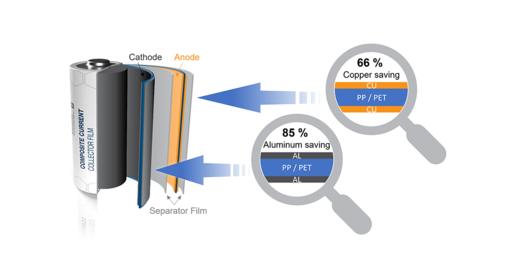Less greenhouse gases thanks to plastics
23 Feb 2023
McKinsey report argues for more balanced, science-based approach
It recently went through the plastics trade press: The study "Climate impact of plastics" by the global consulting giant McKinsey & Company. In it, consultants shed light on the greenhouse gas emissions of plastics in comparison to alternatives. With astonishing results: plastics are the greenest solution. Quote: "Plastics have a lower total greenhouse gas contribution than alternatives in most applications."
The McKinsey report examines the total greenhouse gas contribution of plastics compared to its alternatives, including the product life cycle and the impact of use. The aim is to contribute to the dialogue on material choice and expand the available evidence base for the evolving debate on plastics. The report shows that plastics actually reduce greenhouse gas emissions by three to four times compared to some materials that are often touted as preferable substitutes.
The analysis is based on surveys collected in the United States in 2020. Five sectors with the highest plastic consumption were considered as part of the methodology: Packaging, Construction, Consumer Goods, Automotive and Textiles, which account for about 90 per cent of the world's plastic volume. In addition, representative applications were selected for which viable alternatives to plastics exist today.
For those applications where non-plastic alternatives are used on a large scale, the plastics studied offer a lower overall contribution to GHG emissions compared to alternatives in 13 out of 14 cases. Furthermore, for many applications, especially food packaging, there are few alternatives to plastics. In fact, the near-term introduction of plastics can support decarbonisation efforts in these sectors, particularly with regard to food spoilage and energy efficiency, as they have a lower GHG footprint.
The authors explicitly point out that plastics are often evaluated in a mostly one-sided negative way with regard to issues such as environmental inputs, toxicity, resource consumption, production emissions and marine pollution. Their clear message is that while these important issues undoubtedly need to be addressed, a more balanced, science-based perspective on plastics compared to alternative materials is advised for the overall view.
For more information about the report, visit McKinsey's website.










